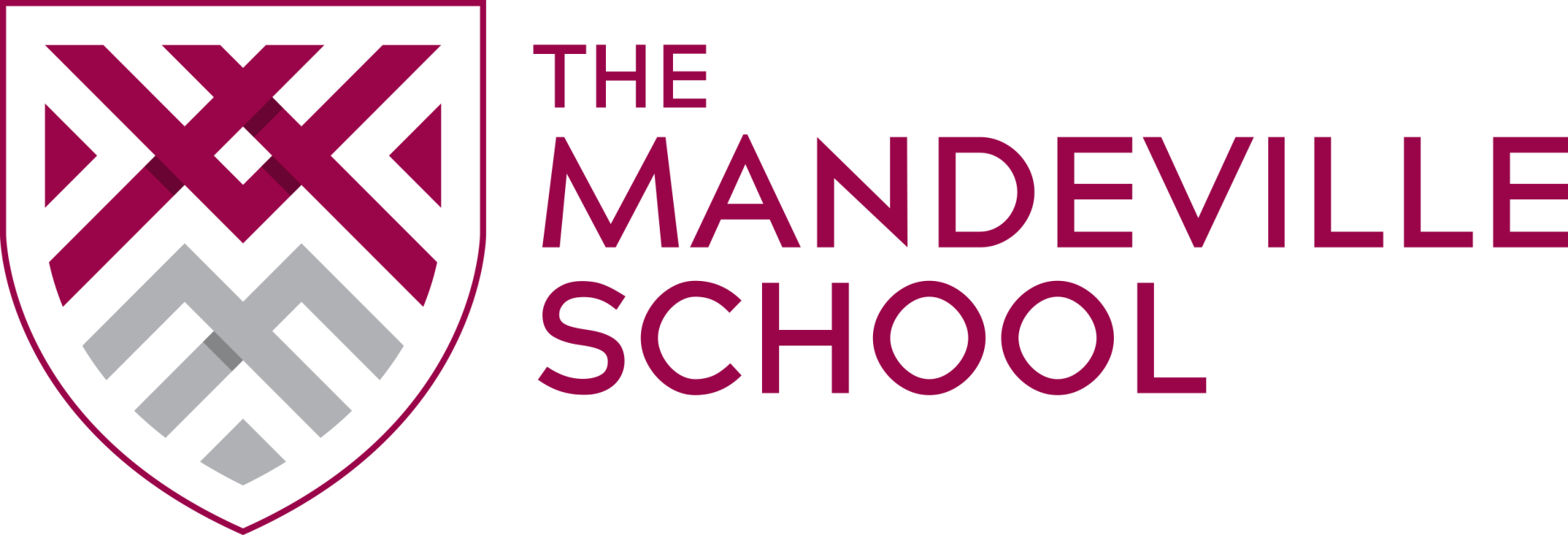Psychology
Intent and Rationale
“Education is what survives when what has learned has been forgotten”
- B. F. Skinner
The quote above from well-known behavioural psychologist, B.F. Skinner, summarises our vision for the teaching of GCSE psychology at The Mandeville School. It is not just the content of the course that matters to us, but the methods, principles and process of learning that matters. Developing these skills, whilst learning, allows our students to become knowledgeable and confident psychologists who believe that they can achieve their best and succeed in both school and beyond.
We aim for our students to be equipped with the knowledge and skills necessary to understand and apply thinking about the human mind and behaviour. Students will develop an awareness of others by examining aspects of thoughts, emotions and behaviours which will enable them to develop interpersonal skills and an understanding of self-regulation. Through focussing on real-world problems students will be better equipped to debate and combat current societal issues, such as discrimination, as well as have a better understanding of concepts like memory, enabling them to develop key skills across all their subjects.
Students are given a strong academic foundation in psychology, through psychological enquiry and assessment, alongside which they experience a range of aspects of learning and cognitive skills. There is no ‘soft start’ in psychology and students are expected to debate and hold opinions from the start, as well as consistently apply high-order skills such as analysis, explanation, evaluation and justification. Students with SEN are supported in their ability to do this through sentence starters, idea development and memory mnemonics for evaluation as well as quality-first teaching.
The curriculum itself is developed to complement throughout. For example, the ‘Language, Thought & Communication’ topic in Year 11, links back to theories from Piaget that were covered in ‘Development’ in Year 10. All topics then have ‘Research Methods’ as a under-lying reference, alongside it being taught as a topic in Year 10. It is sequenced to capture the interest of students immediately in Year 10 as they study how we develop and learn as humans, something they really enjoy, moving onto understanding and memory and perception, which then starts to touch on biopsychology as well. Whilst Year 10 focusses on Cognition and Behaviour, Year 11 expands on to Social Context and so the wider impact of the behaviour learned in Year 10. All topics through the curriculum are linked to real-life situations and application, but even more so in Year 11 where the topics such as ‘Social Influence’ lend themselves to links to historical and current affairs.







